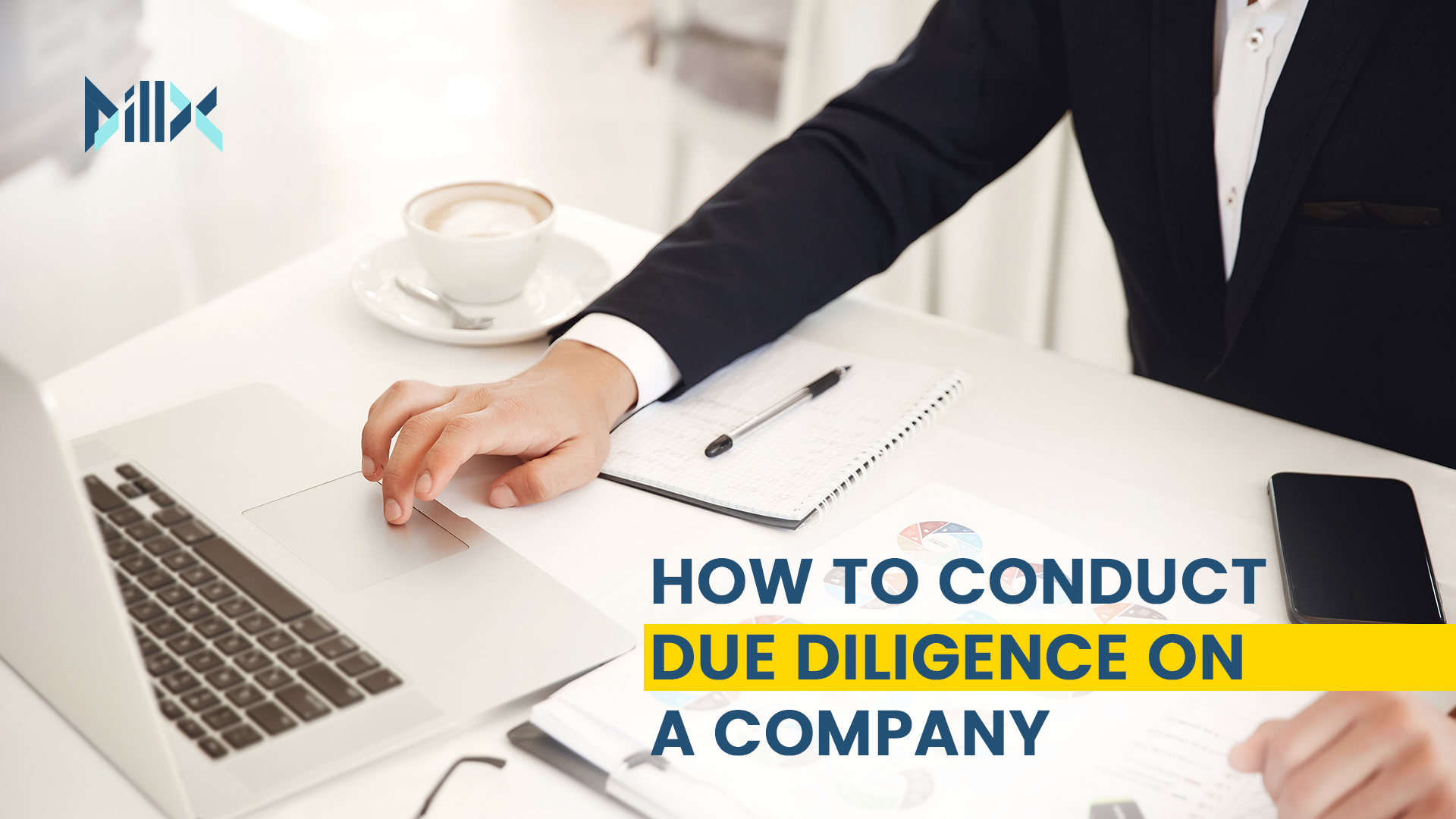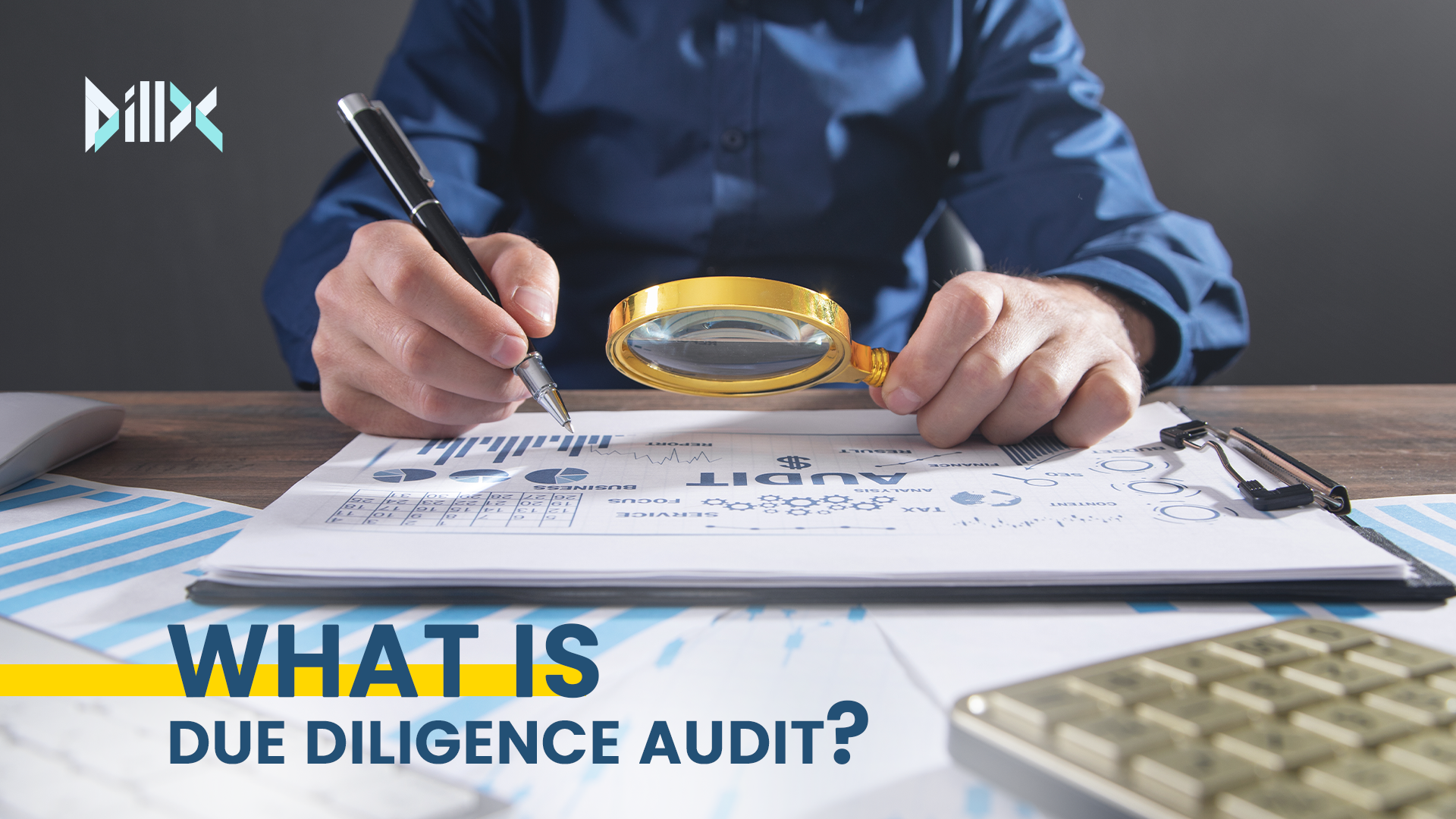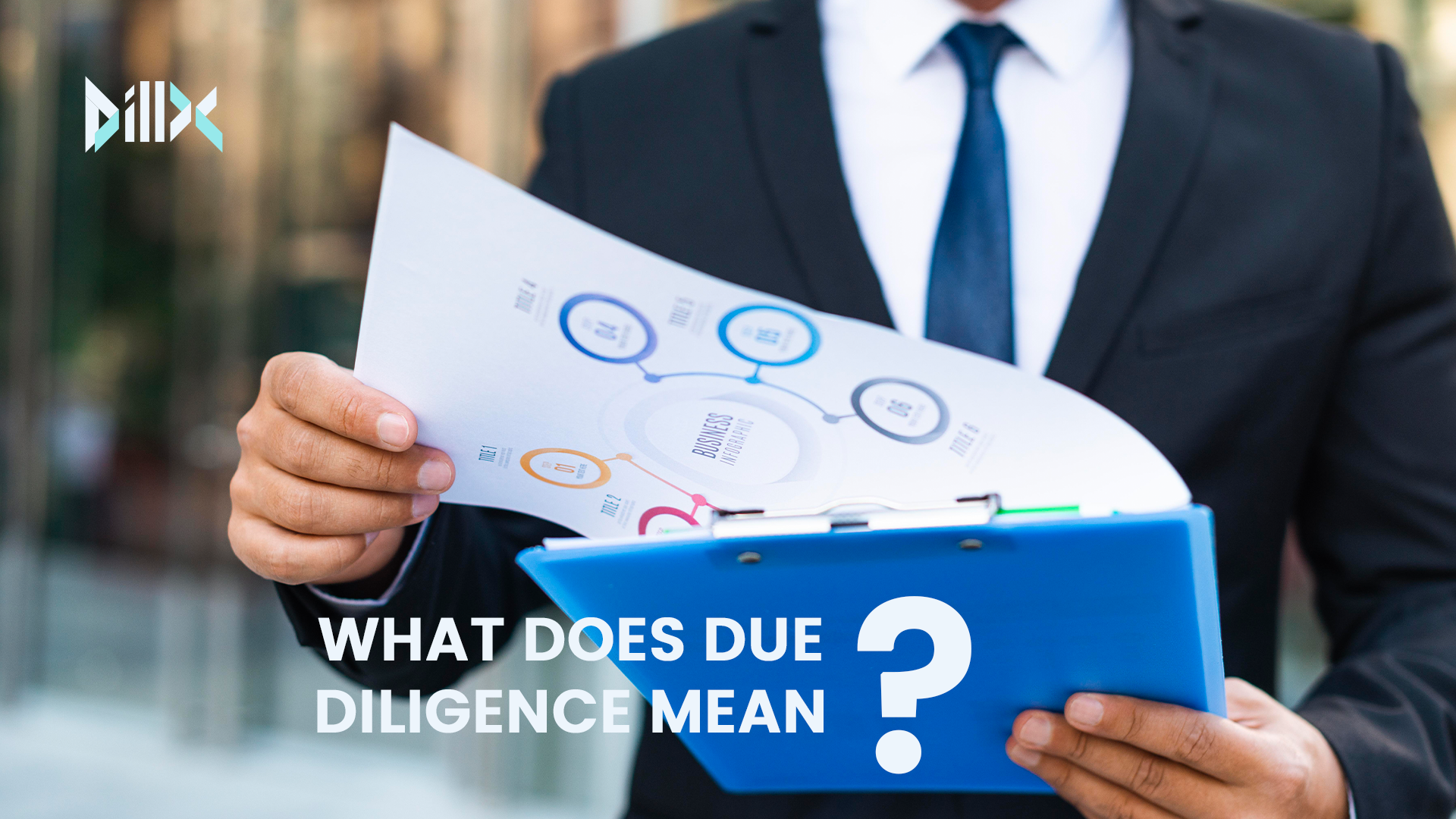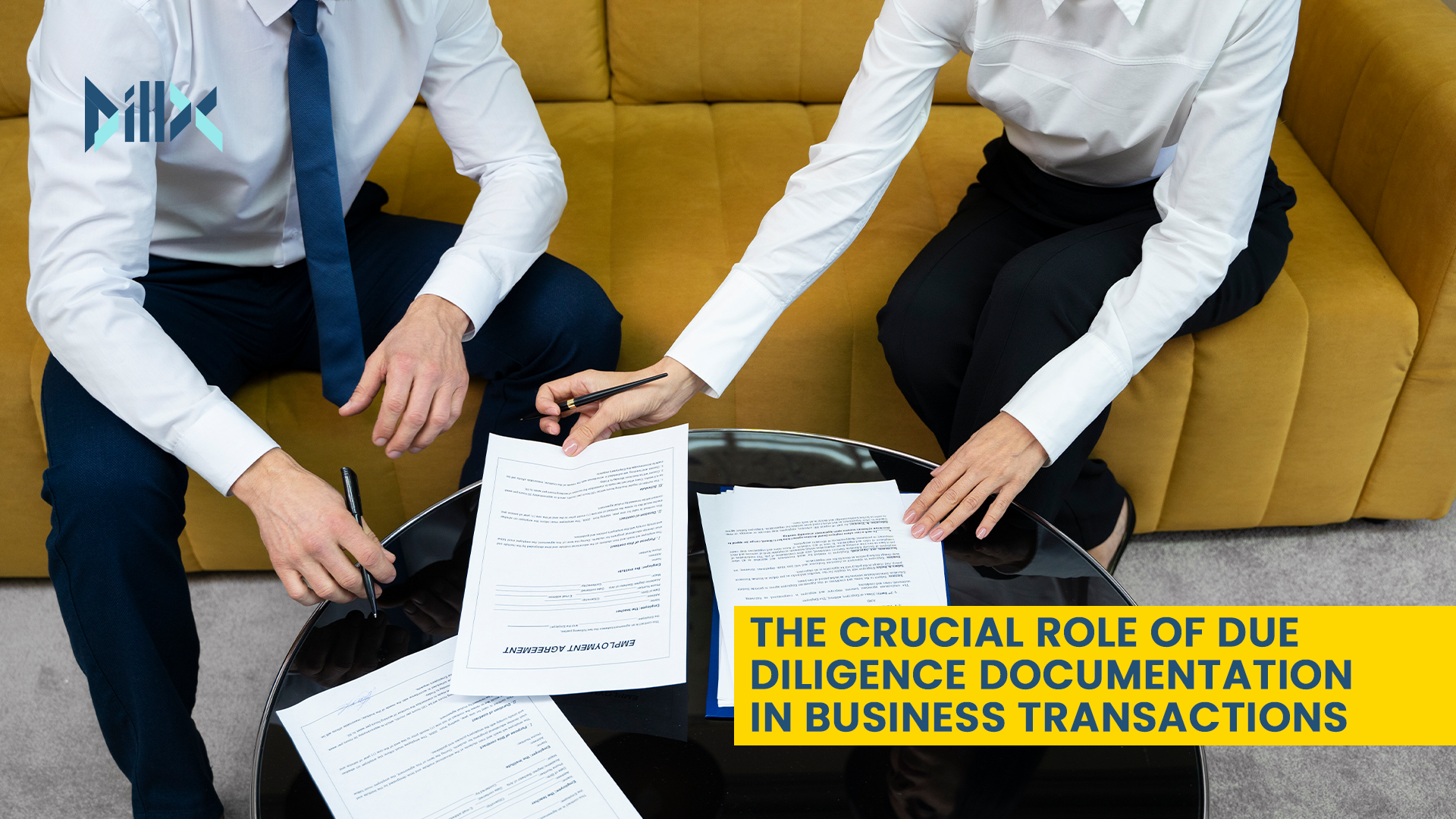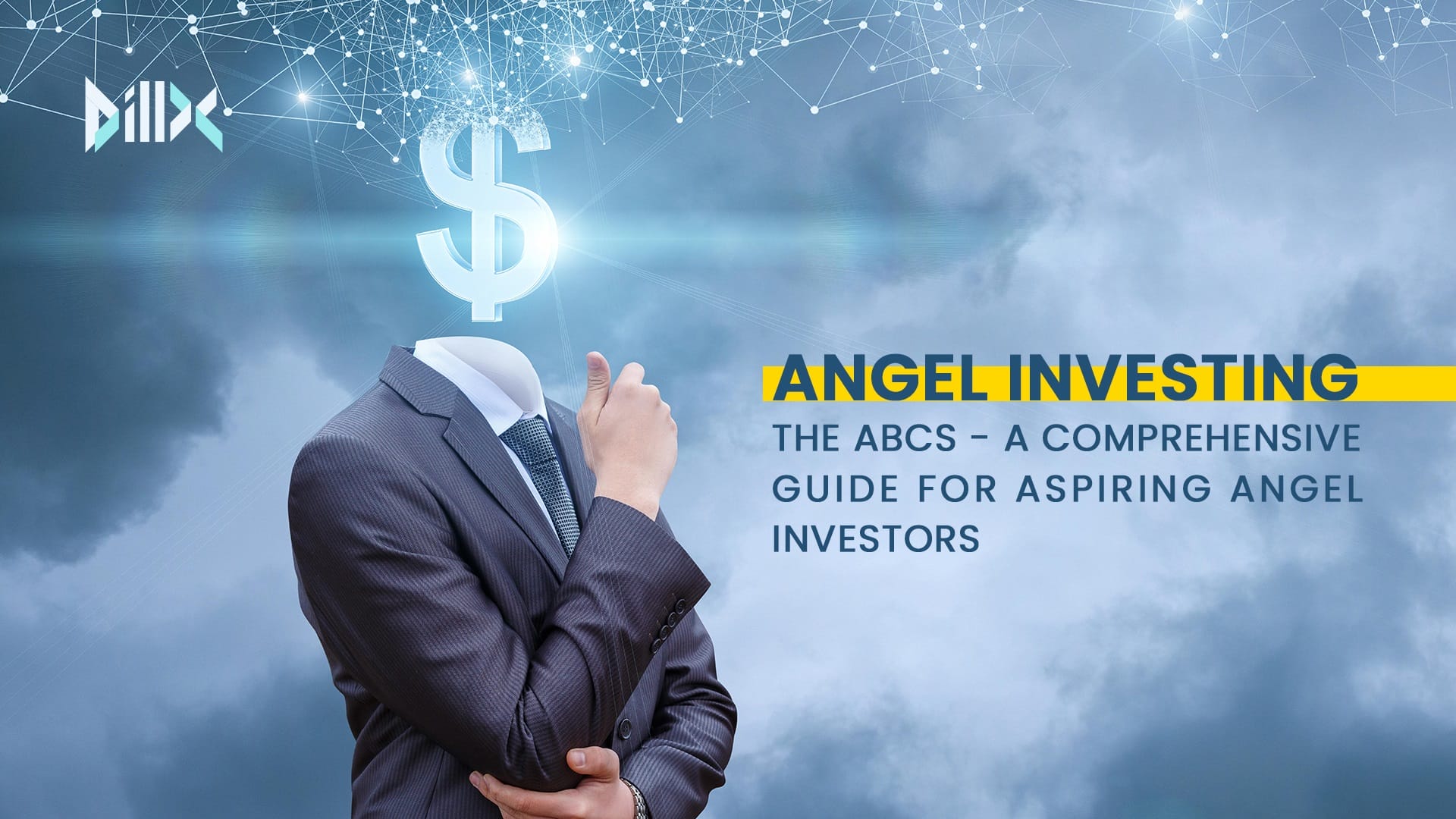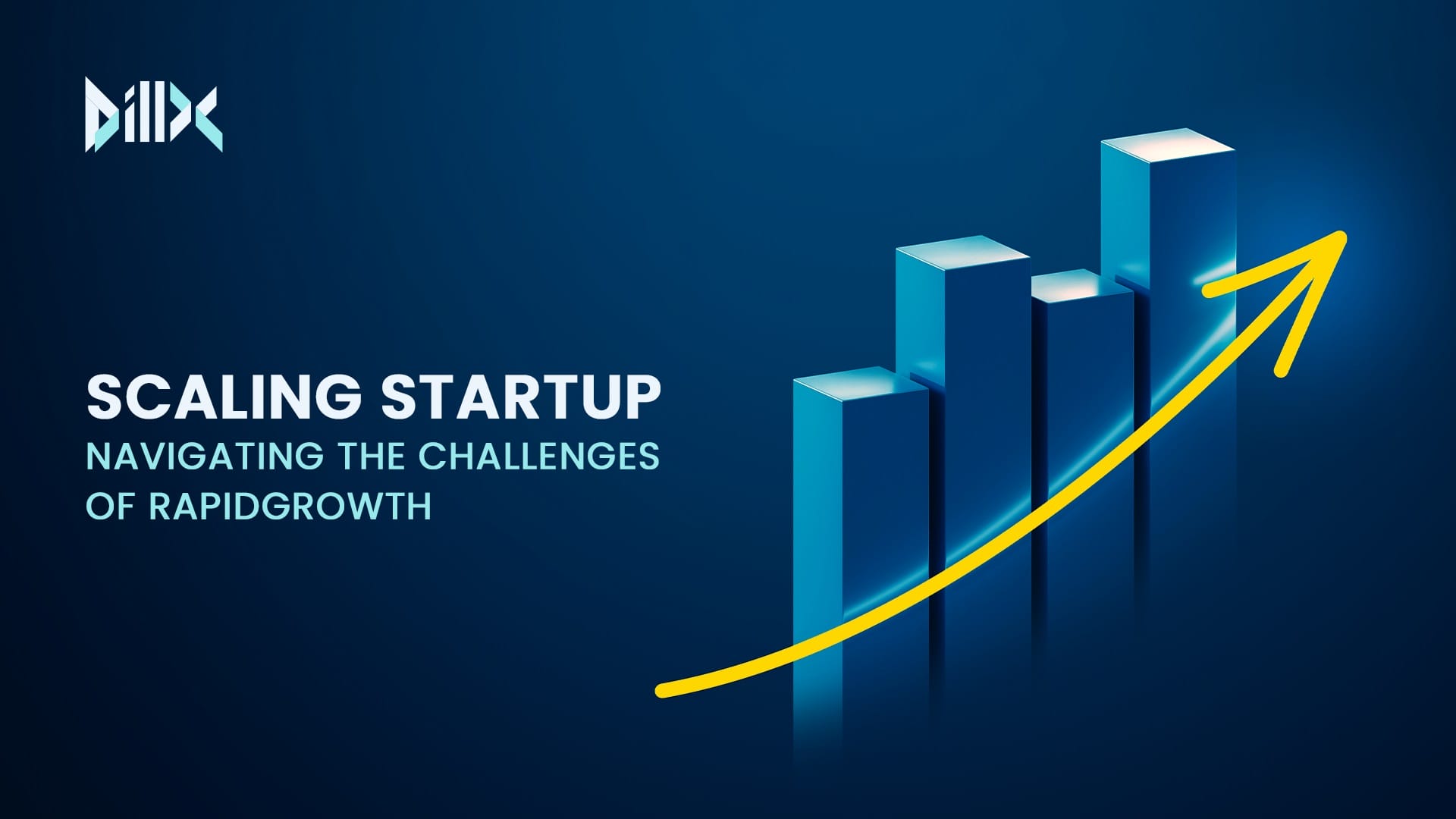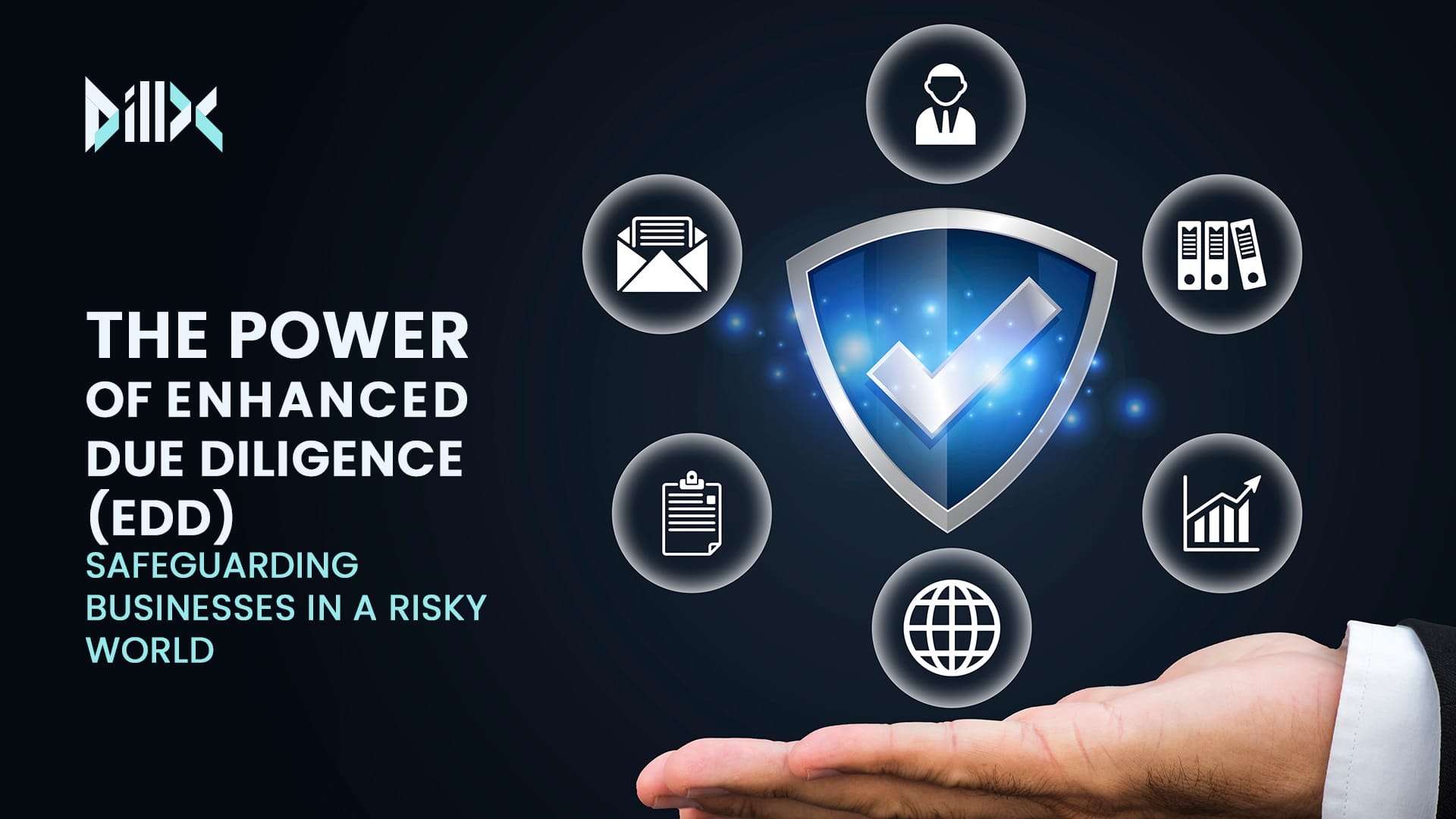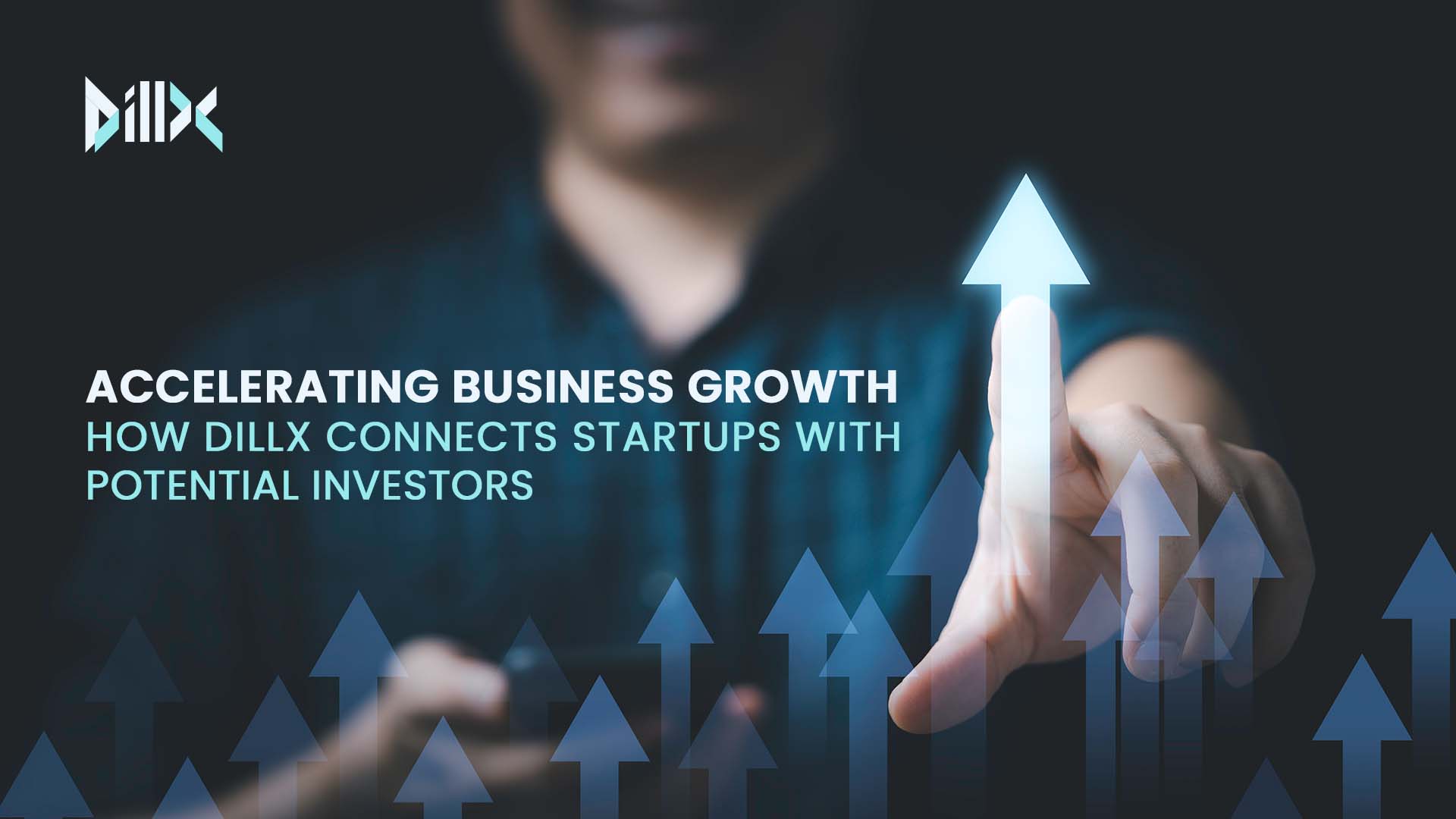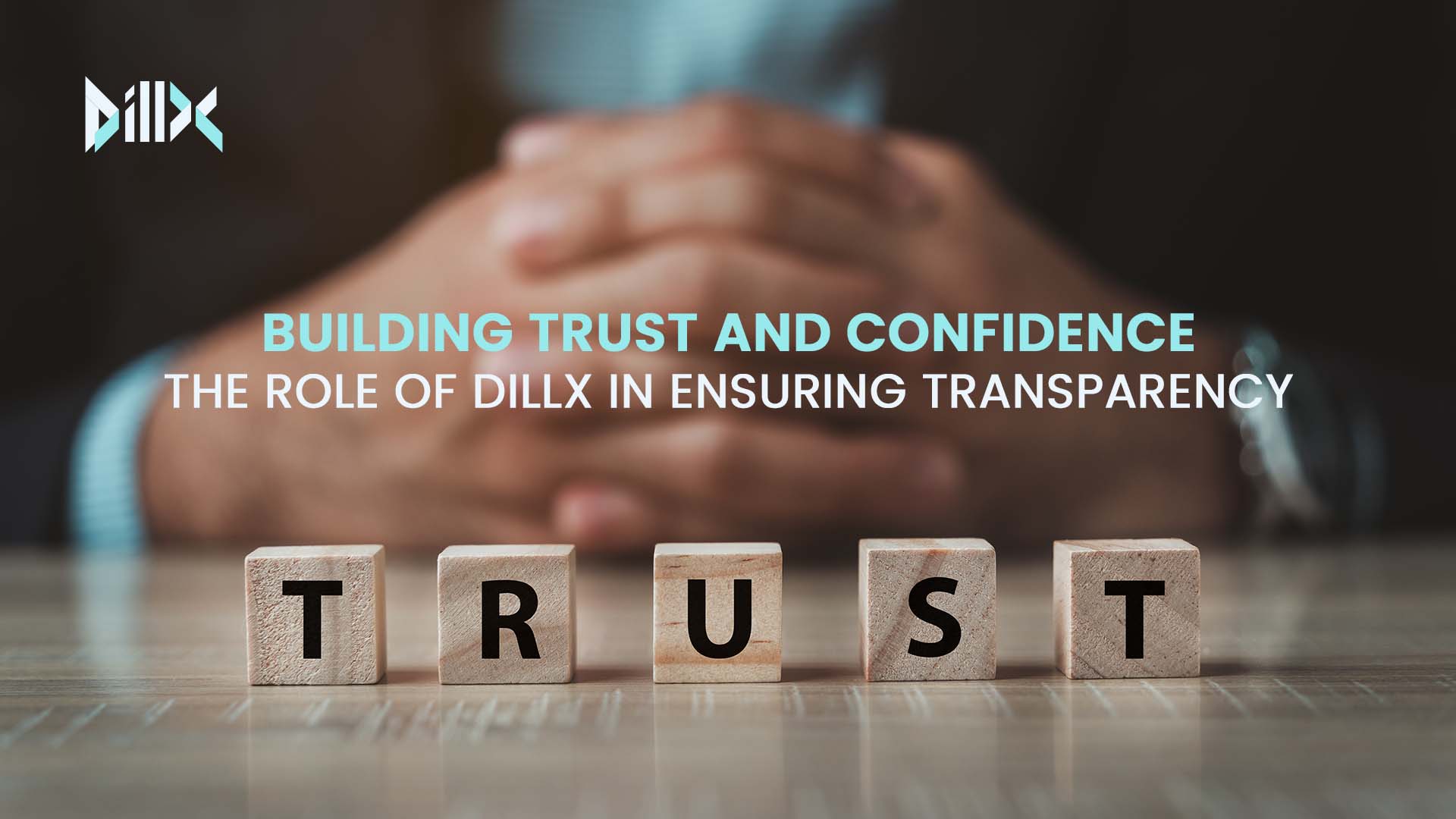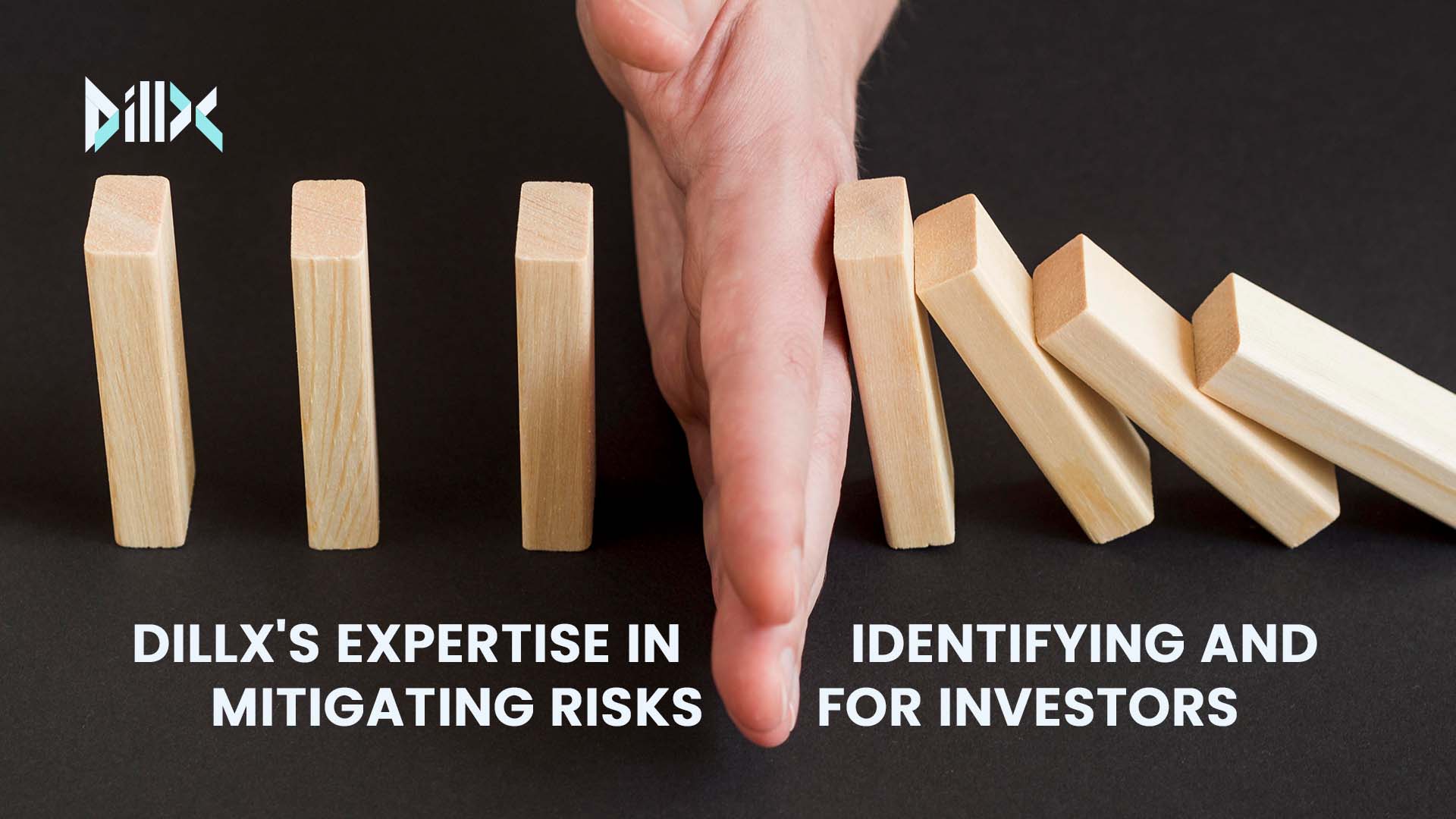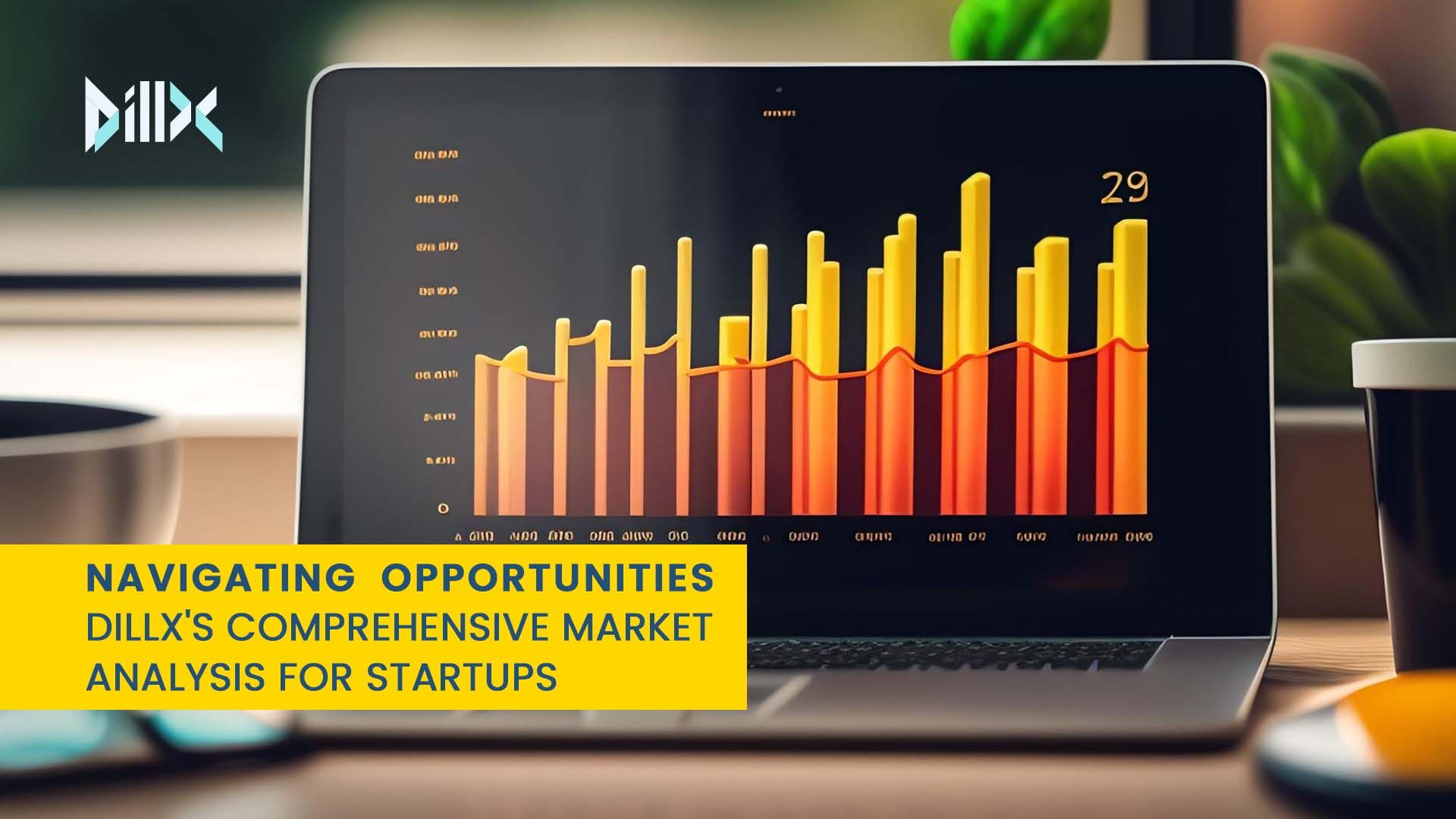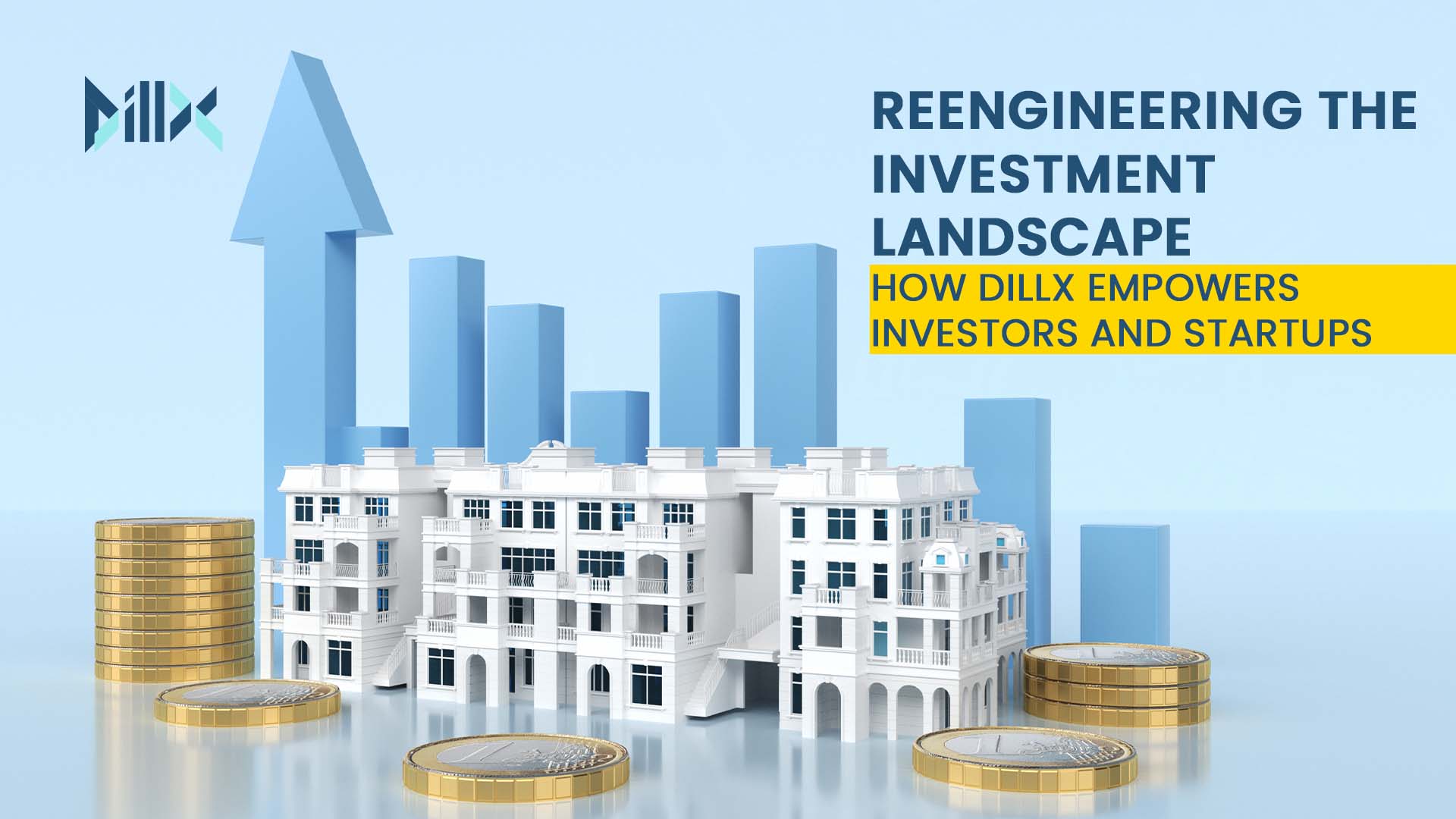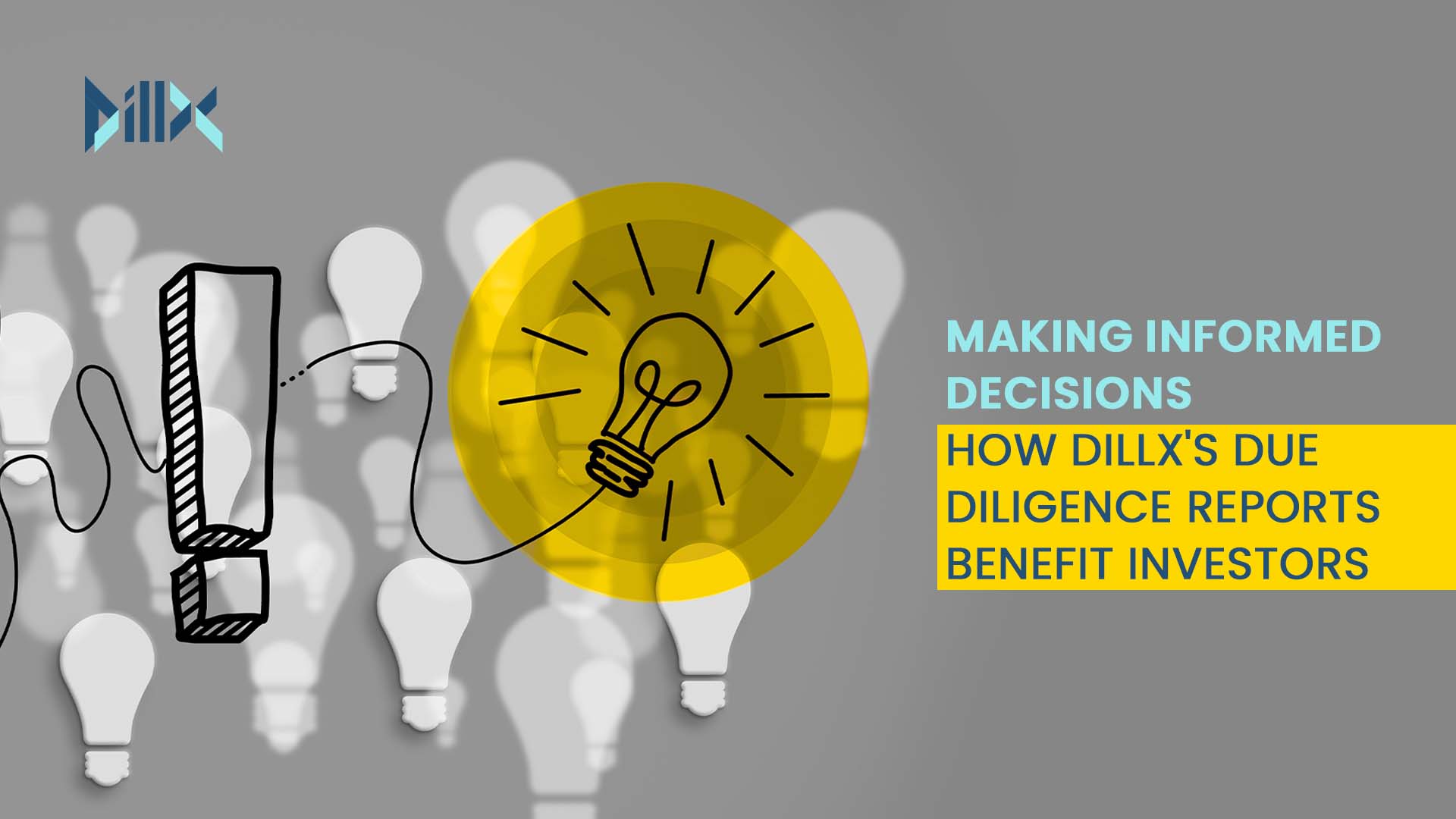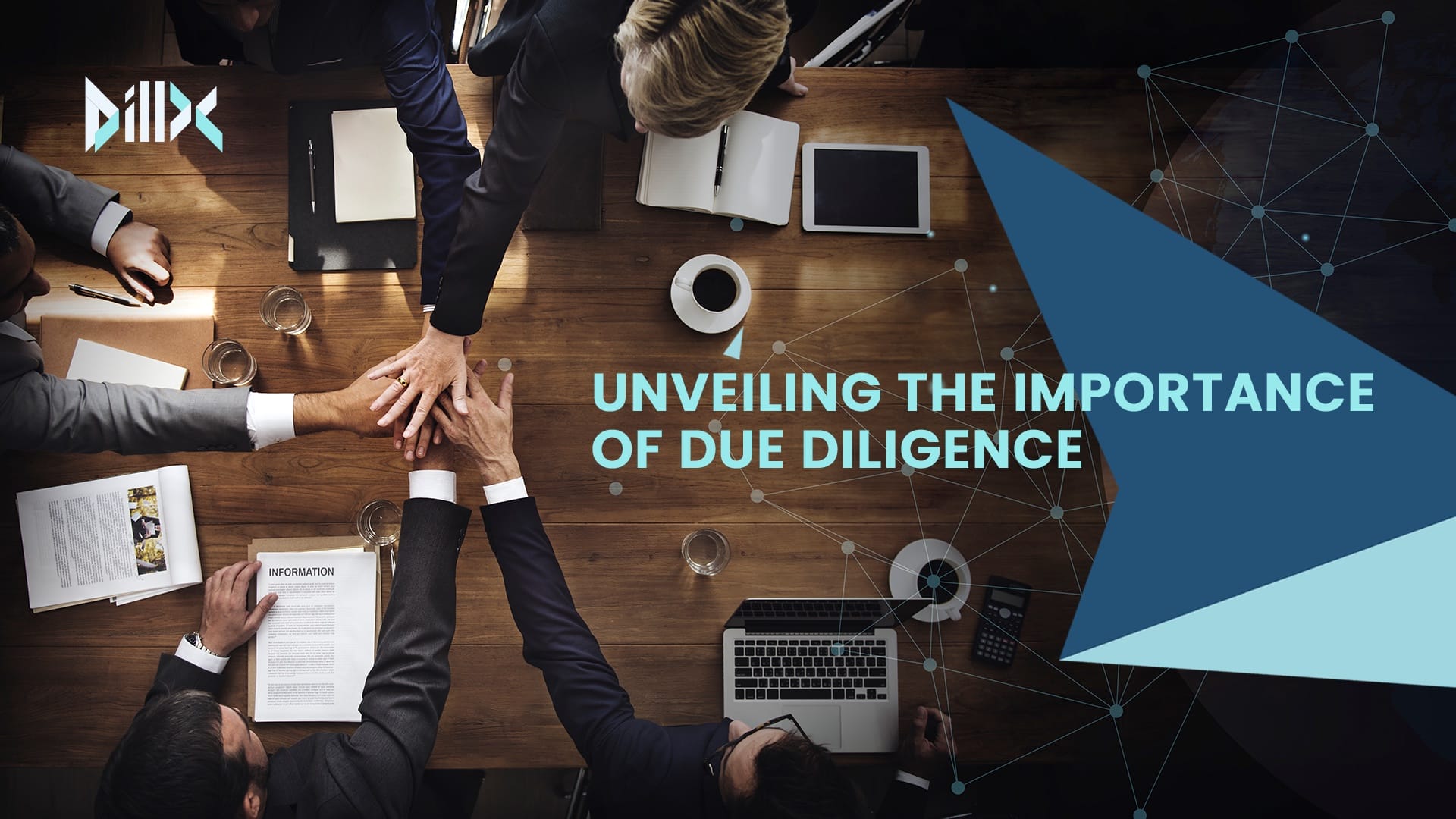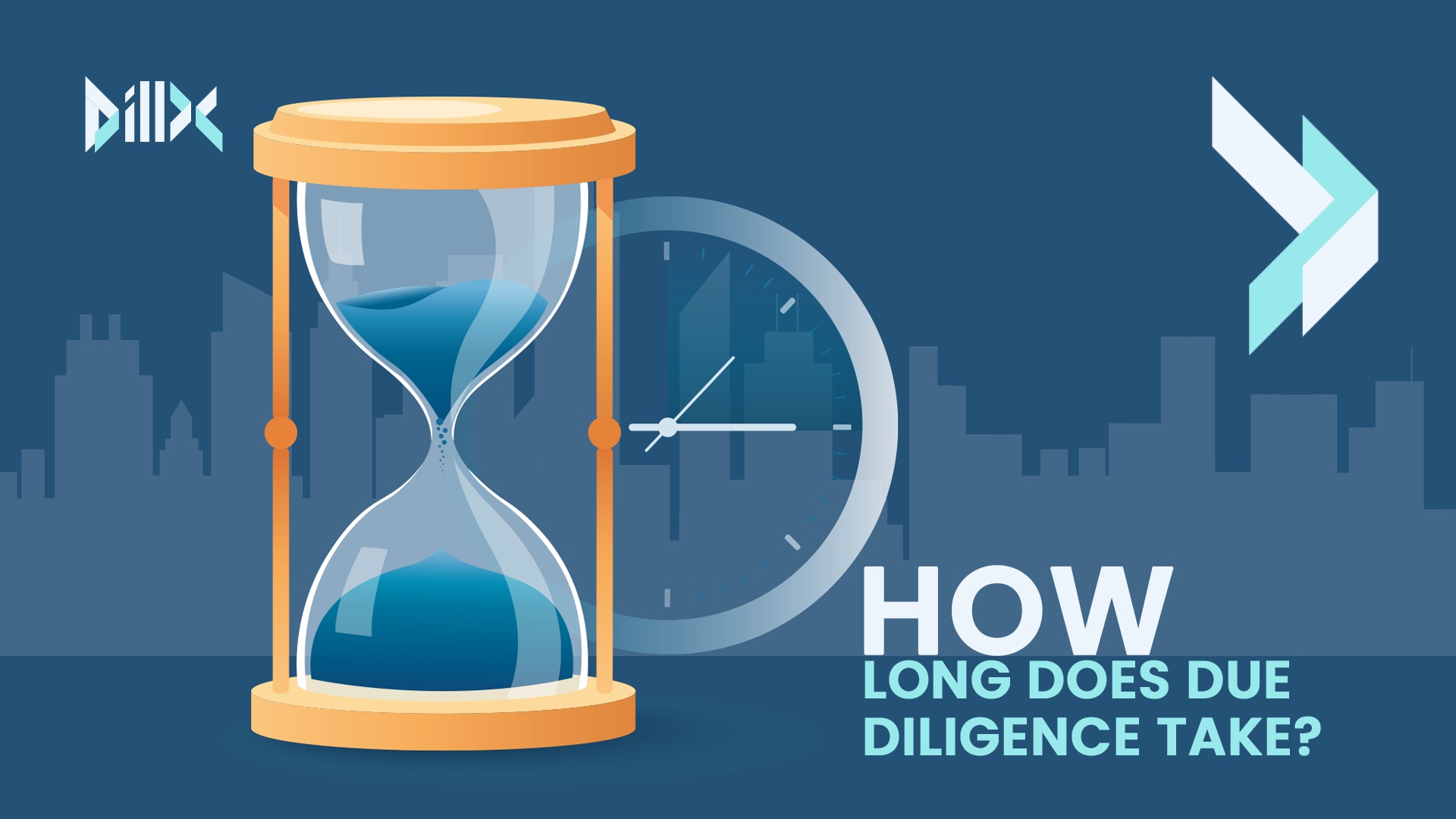For entrepreneurs seeking funding to turn their business dreams into reality, angel investors often emerge as a tempting option. Angel investors are individuals who provide financial support to startups and small businesses in exchange for equity ownership. While they can inject much-needed capital and expertise into your venture, it’s essential to weigh the pros and cons before making a decision. In this blog post, we will explore the benefits and drawbacks of an angel investor, helping you determine whether they are a good idea for your business.
The Pros of Angel Investors
- Access to Capital: Angel investors offer an excellent source of early-stage funding, especially when traditional bank loans or venture capital might not be accessible to startups.
- Expertise and Mentorship: Many angel investors are successful entrepreneurs themselves. Their experience and guidance can prove invaluable, helping you navigate challenges and make better strategic decisions.
- Flexibility in Deal Structuring: Angel investors often offer more flexible terms compared to other funding sources, allowing for customized agreements that suit your business’s unique needs.
- Network and Connections: In addition to funding, an angel investor can provide access to their extensive network, connecting you with potential customers, partners, and other investors.
The Cons of Angel Investors
- Equity Dilution: By accepting funding from an angel investor, you give up a portion of your ownership in the company. This could potentially limit your control over crucial decisions in the future.
- Lesser Amounts of Capital: Compared to venture capital firms, angel investors typically invest smaller amounts. This may not be sufficient if your business requires substantial funding.
- High Expectations: Angel investors often expect a high return on their investment within a relatively short period. The pressure to deliver returns could lead to conflicts or rushed decisions.
- Lack of Involvement: Some angel investors may not be actively involved in the business, leaving you without the hands-on support and mentorship you may have hoped for.
When is Angel Investor a Good Idea?
- Early-Stage Startups: For startups in their initial phases with limited access to traditional funding, an angel investor can provide the necessary capital to get the business off the ground.
- Seeking Expertise and Network: If your business can benefit from the expertise and connections that an angel investor brings, it might be a compelling reason to consider this funding option.
- Flexible Funding Terms: If you require customized deal structures that suit your business’s specific needs, angel investors are more likely to offer this flexibility.
When is Angel Investor Not a Good Idea?
- Established Businesses: Established businesses looking for significant capital infusions may find that an angel investor cannot provide the level of funding required.
- Conflicting Visions: If you prefer maintaining full control over your business and its strategic direction, an angel investor might not be the best fit due to potential conflicts over decision-making.
Conclusion
Ultimately, whether angel investors are a good idea for your business depends on your specific circumstances and needs. If you are a startup seeking early-stage funding, require mentorship and networking opportunities, and are open to sharing ownership, an angel investor can be an excellent choice. However, if you value full control over your business and need substantial capital, other funding options like venture capital or traditional loans might be more suitable. As with any significant business decision, carefully assess the pros and cons, and seek professional advice to make an informed choice that aligns with your long-term goals.
About DillX
Unlock the power of streamlined due diligence with DillX. Say goodbye to months of manual, costly processes and embrace efficiency in just 3 days. Our SaaS platform automates the entire due diligence process, generating detailed DX reports with pre-verified company information and red flag alerts. Founders can track their investment readiness, while investors can assess more startups with reduced risk. Ready to transform your due diligence experience? Join our waitlist today.



























